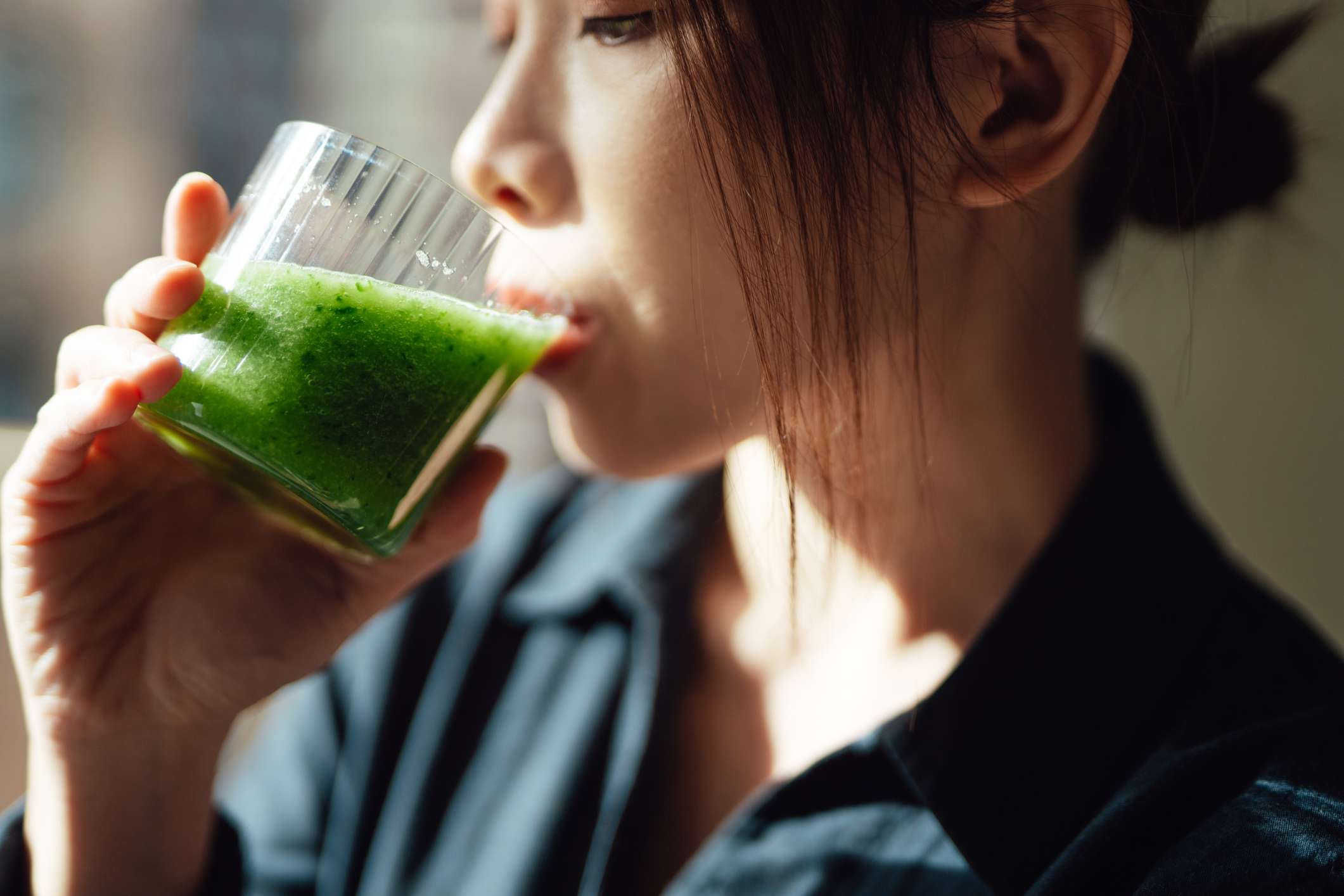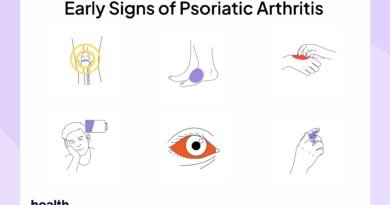What To Know about Parasites and Parasite Cleanses

Parasites are tiny living organisms that enter or attach to another “host” organism and feed off the host to survive. Parasitic infections happen when parasites enter a human or animal body, taking nutrients from the body for themselves. Parasites typically cause symptoms like diarrhea, nausea, vomiting, and fatigue. They can be treated with prescription medication.
Some anecdotal reports have suggested that following a parasite cleanse—a specific dietary or herbal supplement regimen—can help clear the infection. However, it’s unclear if this method is effective or safe.
A parasitic infection can develop when you come into contact with food, drinking water, or swimming water that’s been contaminated by an infected person or animal.
There are several common types of intestinal parasites in the United States, including:
- Giardia duodenalis: Leads to a giardia infection that commonly causes diarrhea
- Cryptosporidium parvum: Also known as “crypto,” often transmitted through the poop of an infected person or animal and leads to watery diarrhea
- Toxoplasma gondii: Has infected more than 40 million people in the U.S. but doesn’t usually present with noticeable symptoms
While specific symptoms can vary based on the type of parasite, people who are infected typically notice signs such as:
- Diarrhea
- Stomach pain
- Nausea
- Vomiting
- Gas
- Fever
- Unintended weight loss
Parasitic infections in adults without pre-existing health conditions sometimes go away on their own. In other cases, treatment is required, particularly for people who are immunocompromised.
If left untreated, parasites can lead to severe, long-term diarrhea and other health complications in infants, older adults, pregnant people, and people with certain diseases like cancer or human immunodeficiency virus (HIV).
A parasite cleanse describes a dietary or herbal supplement regimen that claims to rid the body of a parasitic infection.
Foods like papaya seeds, pumpkin seeds, cinnamon, and garlic have been purported to have anti-parasitic properties—though there isn’t broad research behind these natural remedies.
In one study, the compound carpain (found in papaya seeds) was shown to reduce the presence of an intestinal parasite in a small group of children in Africa over the course of a few months. However, most research on parasites and foods like papaya seeds and pumpkin seeds has been performed on animals. More human studies are needed.
Herbal supplements like wormwood, berberine, clove, and oregano oil are anecdotally reported to be helpful for a parasitic infection. At least one animal study found that supplementing with wormwood appeared to be as effective in treating the dwarf tapeworm parasite as taking an anti-parasitic medication.
Another study suggested that taking probiotic supplements may help manage a parasitic infection. The herbal compound berberine may also have traditional roots in treating diseases and parasitic infections.
Additional human research around specific supplement types, dosages, and outcomes is required before any of these options could be recommended as a parasite treatment.
While these foods and supplements may support overall health, it’s still important to check with a healthcare provider first if you think you may have symptoms of a parasitic infection. They can offer a diagnostic test and medical treatment plan if needed.
There is currently not enough evidence on parasite cleanses to determine whether they’re effective—or safe. In general, though, there are some safety risks and potential side effects to be aware of when it comes to supplement-based and dietary cleanses.
Risks
The U.S. Food and Drug Administration (FDA) doesn’t regulate dietary supplements in the same way it regulates medications. For this reason, many supplements on the market haven’t been tested for safety, purity, or effectiveness. It’s possible that some products might contain harmful or illegal ingredients.
Certain supplements have the potential to interact with other medications or supplements that you’re currently taking—making adverse side effects more likely or making your medication not as effective. Some people should avoid using certain types of supplements unless approved by a healthcare provider. This includes:
- People who are pregnant or breastfeeding
- Children
- Older adults
- People with certain health conditions
In addition, many cleanses or detox dietary patterns do not provide all of the nutrition or calories your body needs. This could lead to increased stress, appetite, and cortisol (stress hormone) levels.
Side Effects
Taking too much of a dietary supplement for a parasite cleanse or other purposes has the potential to cause side effects, such as:
- Headaches
- Nausea and vomiting
- Bone density changes
- Liver damage
Any restrictive dietary changes, like only eating certain foods to detox or clease parasites, can lead to side effects like hunger, irritability, fatigue, weakness, dehydration, cramping, or bloating.
Sometimes, a parasite infection clears on its own. Other times, a healthcare provider recommends treatment after a diagnostic test.
Prescription anti-parasitic medications are commonly used to kill off parasites. The exact type of drug can vary based on the parasite involved, but it may include antibiotic, antiprotozoal, and antifungal medications.
Your provider may recommend over-the-counter (OTC) medications to treat a parasitic infection like pinworm. Family members and other people you’re in close contact with may also need to take the medication for prevention purposes.
Diet and Lifestyle Modifications
While your diet and lifestyle habits may not be able to fully treat a parasitic infection, there are ways to keep your immune system healthy and potentially prevent a parasitic infection from occurring in the first place.
A few tips to keep in mind include:
- Wash your hands frequently, especially after touching animals
- Use caution when handling and eating undercooked or raw foods
- Avoid swimming water germs by showering before and after taking a dip and taking care not to swallow any water
- When traveling internationally, stay away from ice and water that isn’t purified or bottled and fruits that you can’t peel
Some evidence suggests eating a diet full of vitamin A, selenium, and zinc may support the body in boosting the immune system and defending against parasite infections.
Parasitic infections are common. They’re diagnosed and treated in the U.S. daily.
If you have symptoms that are common with a parasitic infection, it’s probably a good idea to check with a healthcare provider for testing and diagnosis. They’ll want to discuss your current symptoms, medical history, and any recent travel where you may have contracted a parasitic infection.
This would also be an opportunity to ask your healthcare provider about natural remedies, like the components of a parasite cleanse, to help support any medical treatment you may receive.
Anecdotal reports suggest that parasite cleanses—like supplementing with wormwood or eating papaya seeds—may help clear the body of a parasitic infection. While certain supplements and dietary nutrients might benefit overall health, there isn’t much scientific evidence to support these parasite cleanse claims.
Check with a healthcare provider if you think you have a parasitic infection and are interested in adding supplements or natural remedies to your routine, as some infections may require medical treatment.





